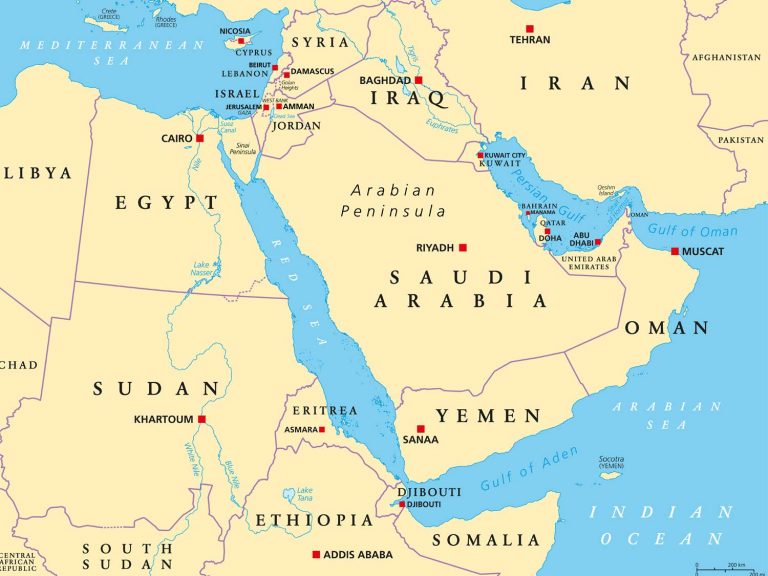
Date:
Container shipping lines to avoid Suez Canal
Following further attacks on merchant shipping, entirely unconnected to the conflict between Israel and Hamas, container shipping lines have suspended sailings through the Gulf of Aden and Red Sea with immediate effect.
MSC announced on Friday, after the MSC Palatium III was attacked and suffered fire damage, that its vessels would not transit the Suez Canal eastbound and westbound “until the Red Sea passage is safe”.
Maersk and CMA CGM have stated that all ships in the Red Sea area will pause their journey until further notice, with Hapag-Lloyd also pausing container ship traffic and due to make a decision on routing today.
The Suez Canal is a critical artery for global supply chains, and as seen when the Ever Given ran aground two years ago, blockages cause schedule disruption for container shipping and delivery delays.
ONE vessels are in holding patterns and HMM vessels were seen on Friday being diverted around Africa, while COSCO vessel, the COSCO Galaxy appeared to have stopped into a holding pattern in the Red Sea yesterday, despite the Chinese carrier not yet issuing any statements as to their position on the threat.
With over 30% of global containerised traffic moving through the Suez Canal, the decision to avoid it will have a profound impact on supply chains from Asia, with vessels sailing a further 4500 nautical miles around Cape of Good Hope, burning a lot more fuel and adding around 10 days to their transit.
If all services that would usually go via Suez now re-route via the Cape it would add 3-4 weeks to transit times on total round trip voyages, effectively remove approx 25% of capacity and would also mean that equipment shortages will become a major issue again.
Re-routing via the Panama Canal is not an option currently, particularly for larger vessels, due to the ongoing drought situation.
However, this may change in time as solid amounts of rain over the past six weeks mean that the Panama Canal Authority (ACP) will increase daily transits to 24.
This is an increase on the forecasted daily transits of 20 slots for January and 18 slots for February, but is still insufficient to be a solution for the Suez situation.
It’s too early to determine the impact this will have on international shipping, but it is worth noting that freight costs and insurance premiums are almost certain to rise, as shipping lines pass on the additional costs of the extended voyages.
We have very limited intel from the shipping lines currently, but as we learn how individual vessels and routes are affected we will advise customers accordingly.
Please be assured that we will continue to communicate proactively during this developing situation and provide will customers with updated ETA’s accordingly.
